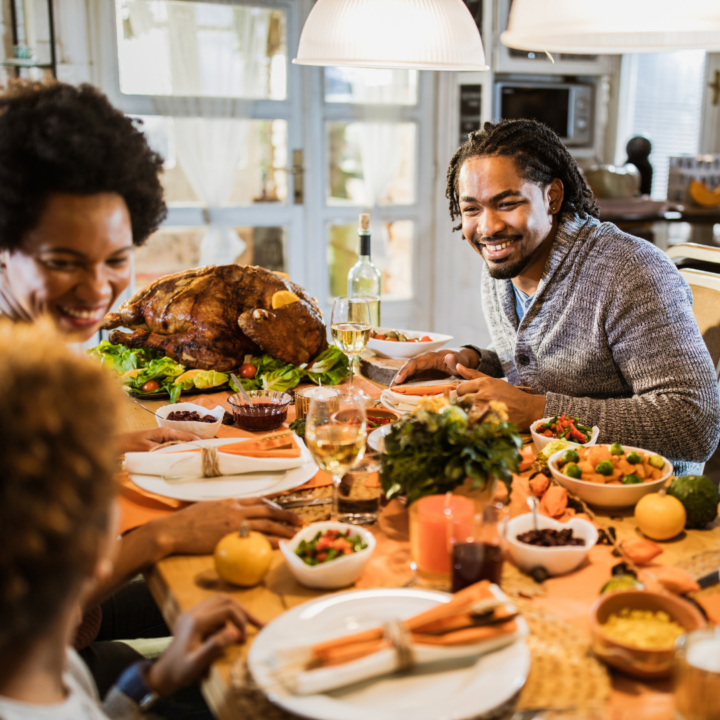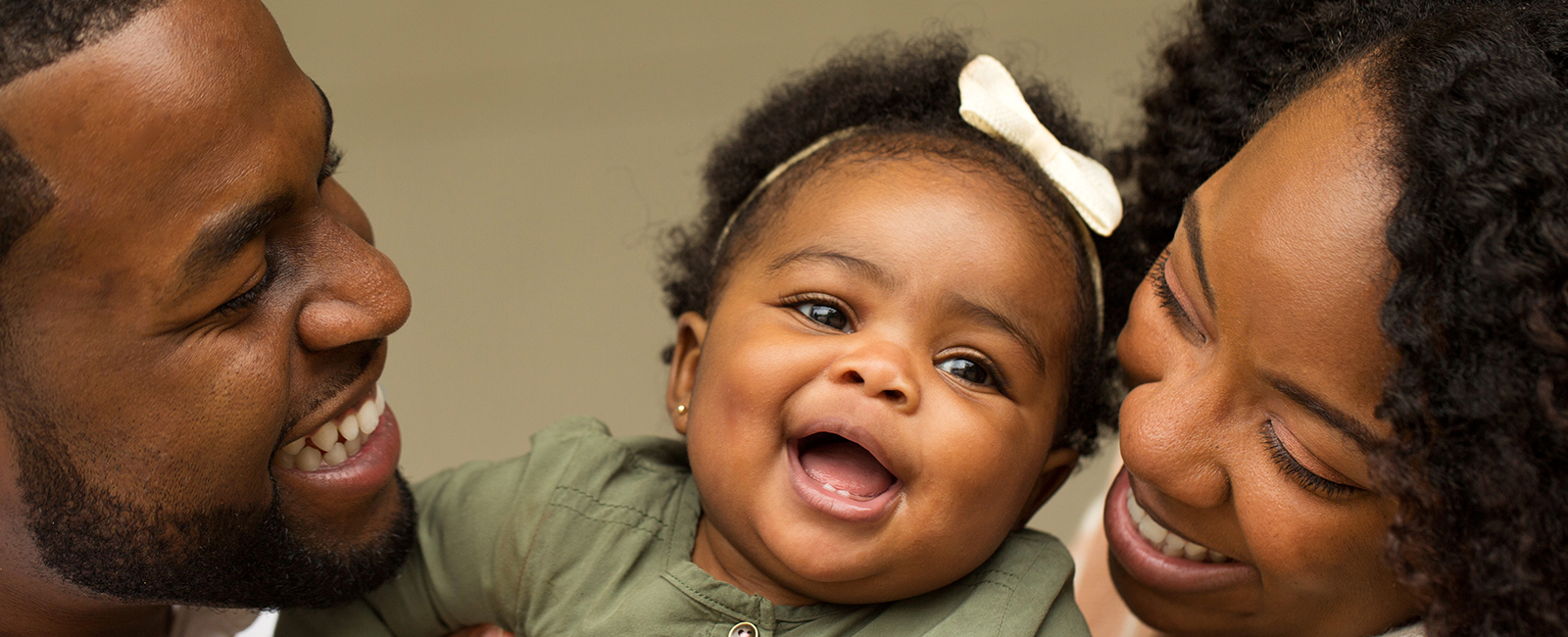 Thanksgiving is often a time of joy, warmth, and togetherness. However, for many, the prospect of gathering with family and loved ones can bring a sense of dread due to the potential for conflict. Whether unresolved family tension or differing opinions on hot topics, Thanksgiving can sometimes feel like navigating a minefield. If you’re feeling anxious about the upcoming holiday gathering, take heart. There are steps you can take to maintain harmony and enjoy the day.
Thanksgiving is often a time of joy, warmth, and togetherness. However, for many, the prospect of gathering with family and loved ones can bring a sense of dread due to the potential for conflict. Whether unresolved family tension or differing opinions on hot topics, Thanksgiving can sometimes feel like navigating a minefield. If you’re feeling anxious about the upcoming holiday gathering, take heart. There are steps you can take to maintain harmony and enjoy the day.
Here are 6 Steps to Defusing Conflict at Thanksgiving to help create a peaceful and joyful atmosphere for everyone.
1. Set Boundaries Before the Meal
One of the most effective ways to defuse conflict is to set clear boundaries before Thanksgiving. Families may have a range of opinions on everything from politics to parenting, but Thanksgiving doesn’t have to be the time to hash them out.
Establishing ground rules about which topics are off-limits can make a difference. Sensitive subjects like politics or religion can easily ignite a debate, so it’s wise to agree beforehand to steer clear of them. If someone brings up a sensitive issue at the table, it’s perfectly okay to remind them of the boundaries. And remember, you can always excuse yourself from a conversation if it’s heading in a direction that makes you uncomfortable.
As one expert wisely says, “Setting some ground rules before guests arrive at dinner is one way to help steer the conversation from potentially hazardous topics, like politics. Should the conversation get tense during dinner, redirecting or deflecting to another topic can always help. You’ve seen political candidates do this when they answer a question on a topic they care about that was not even asked. Or, as my boyfriend Chris says, ‘Agree to disagree. Pass the gravy.’” PRNnewsonline.com
2. Be Respectful and Use Humor
Thanksgiving should be a time for respect and kindness, even when disagreements arise. It’s helpful to assume that others have good intentions when things get heated. Approach conversations with humility and use humor to lighten the mood when appropriate. Sometimes, laughter can turn an awkward moment into a bonding experience. If a family member starts to raise their voice or become defensive, try a lighthearted comment or a humorous anecdote to redirect the energy in the room. Humor can diffuse tension and keep everyone focused on enjoying the holiday together.
At the core of being respectful is recognizing that everyone at the table has a story to tell. Instead of trying to win an argument, focus on listening. This leads directly into the next of our 6 Steps to Defusing Conflict at Thanksgiving.
3. Be a Good Listener
One of the most powerful tools for reducing conflict is simply being a good listener. At Thanksgiving, people often talk over one another to get their point across, but this can escalate emotions and deepen divides. By actively listening and encouraging others to share their thoughts, you create an environment where everyone feels heard and respected.
Speak for yourself and avoid putting words in others’ mouths. When people feel understood, they are less likely to feel defensive, and the chance of conflict decreases significantly. Instead of preparing a rebuttal, give the person speaking your full attention and encourage others at the table to do the same.
4. Know When to Disengage
Despite the best-laid plans, there may be times when it’s best to disengage from a conversation. If things are becoming too heated or disrespectful, it’s okay to politely bow out. You can excuse yourself from the table, walk, or take a quick break in another room. Stepping away gives you time to collect your thoughts and prevents you from saying something in the heat of the moment you might regret later. A simple “I think we’ll have to agree to disagree on this” can go a long way in maintaining peace. It’s essential to recognize that only some conflicts need to be resolved then and there, especially if they threaten the harmony of the gathering.
5. Change the Conversation
Arrive at your family Thanksgiving celebration ready to change the subject to topics of shared interests. Here are a few examples of topics to have prepared:
- Shared hobbies such as hiking, crafting, or book club favorites.
- Funny family stories—add old photos to get the conversation started.
- Favorite family recipes.
- The shared love for a sports team.
 6. Volunteer Together over the Thanksgiving Holiday
6. Volunteer Together over the Thanksgiving Holiday
Consider group volunteerism as a way to start your Thanksgiving. Many local nonprofits have volunteer opportunities on Thanksgiving day or the week leading up to the holiday. Include those gatherings for your Thanksgiving celebration in your volunteerism plans and continue the conversation throughout the day.
If volunteering on Thanksgiving day is not possible, here are a few ways to turn your Thanksgiving event into a way to support the Northern Virginia community:
- Ask each guest to bring a non-perishable food item or toiletry that can be donated to the NVFS Hunger Resource Center after the holiday.
- Include the NVFS Holiday Giving campaign information in your Thanksgiving invitation and discuss ways your family or friends can help neighbors.
“Volunteering is an excellent way to cultivate gratitude… Gratitude can also strengthen your social bonds as you express your appreciation and gratitude to the people who support you and care for you.”–LinkedIn
By following these 6 Steps to Defusing Conflict at Thanksgiving, you can take control of the situation and keep the focus on what really matters: connection, gratitude, and celebration. With clear boundaries, active listening, and moments of calm, Thanksgiving can become a time of warmth and togetherness that everyone can enjoy. So, as you prepare for this year’s gathering, remember—it’s okay to agree to disagree and pass the gravy!


